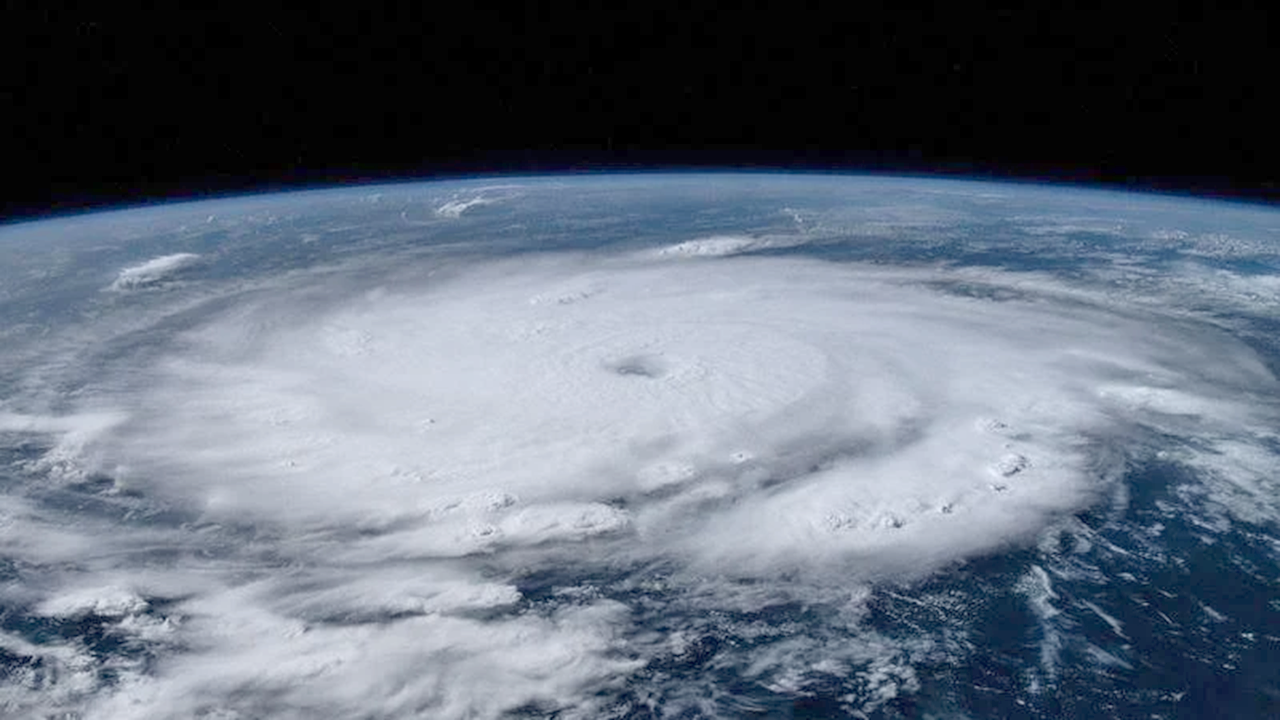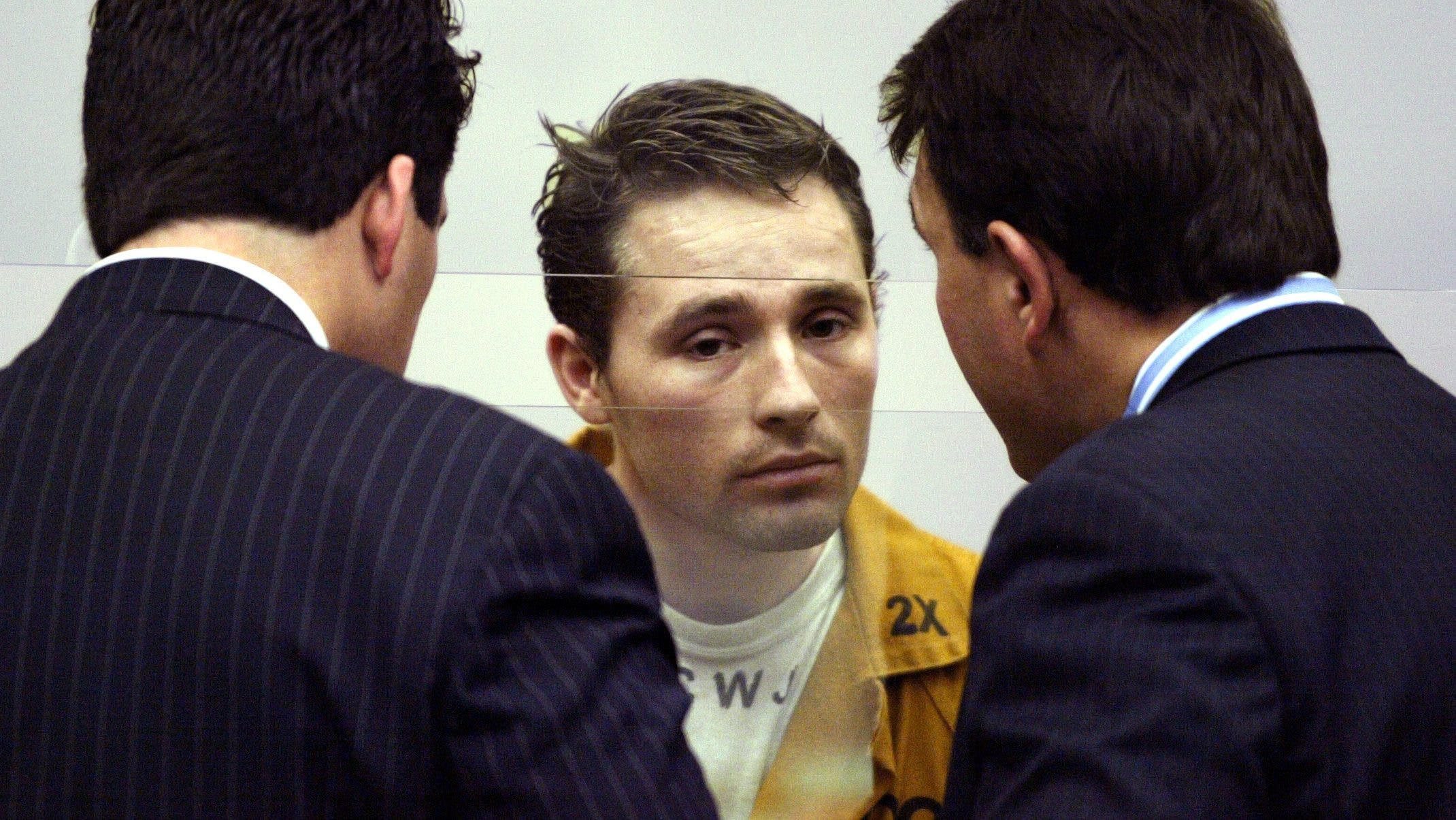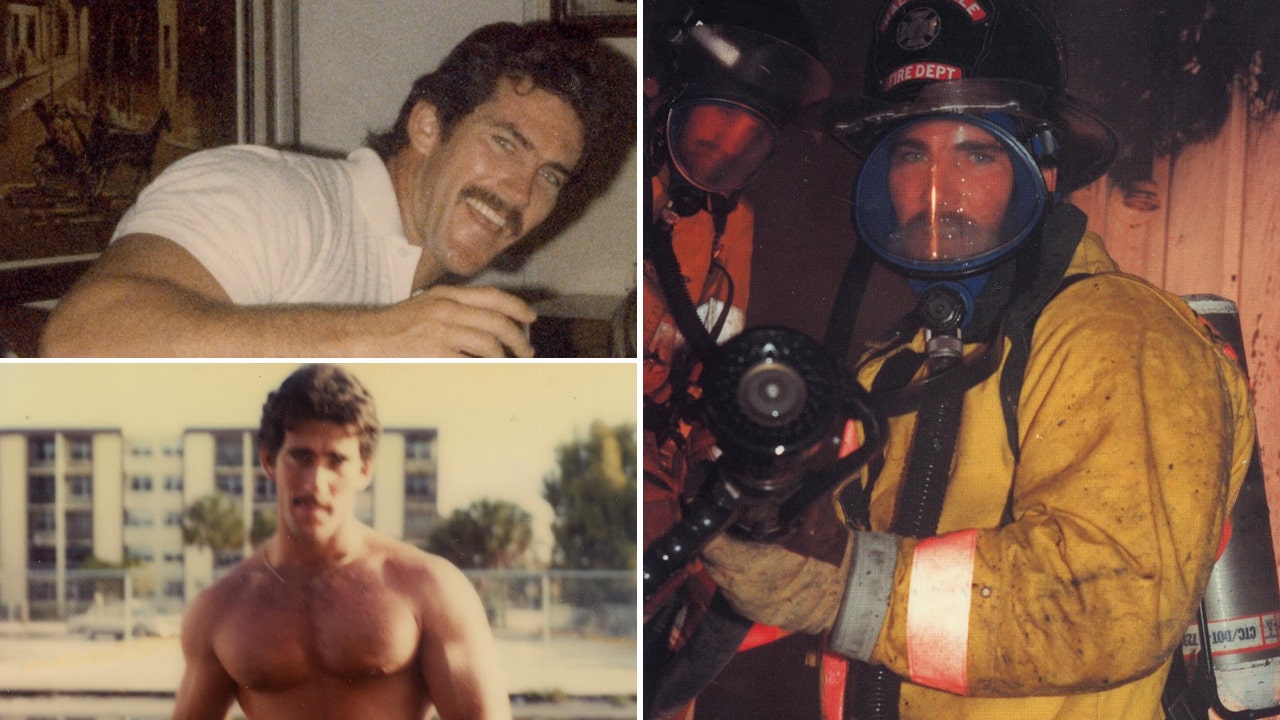For most of his life, Bernie Bluestein was not allowed to say anything about what he did during World War II in Western Europe.
Mr. Bluestein was a sophomore at Cleveland School of the Arts in 1943 when he left to join the U.S. Army. He then trained in a secret unit that landed at Normandy, France, shortly after D-Day in June 1944.
“What we did is we attracted the Germans’ attention so that the real units could do whatever they had to do elsewhere,” Mr. Bluestein, age 100, said in an interview.
As a private first class serving in the 603rd Camouflage Engineer Battalion, he created fake shoulder patches that his fellow soldiers wore on their uniforms to impersonate different elements of an infantry division. He also painted truck bumpers to falsely display markings of Army units that were actually elsewhere.
In his final mission, Mr. Bluestein said, the ruses devised by the roughly 360 soldiers of his battalion forced German commanders to spread their defenses thin in eastern France. That, he said, allowed the U.S. Army’s 90th Division — which was actually 10 miles north of the 603rd — to cross the Rhine River with less resistance.
“We saved the lives of about 30,000 soldiers,” Mr. Bluestein said.
The 603rd and similar units came to be known as the “Ghost Army,” which numbered about 1,100 troops. Together, they inflated rubber tanks, created fake airfields, blasted the sounds of troops marching from speakers placed on trucks and designed other diversions to fool German soldiers.
The mission of these lightly armed soldiers, who were a precursor to the Army’s current psychological warfare units, was officially declassified only in 1996.
On Thursday, Mr. Bluestein and two other members of the Ghost Army — Seymour Nussenbaum, age 100, and John Christman, 99 — received the Congressional Gold Medal on Capitol Hill before a crowd of more than 600 that included family members and friends.
Many in attendance wore lapel pins depicting a shield with a cartoon ghost that has orange lightning bolts coming from its left hand, the unofficial insignia of a unit whose mission went unacknowledged for more than 50 years.
President Biden signed the legislation authorizing the medal in 2022.
Only seven of the original 1,100 soldiers of the Ghost Army are believed to survive.
Mike Bagby flew from Birmingham, Ala., to attend the ceremony in honor of his father, Wilbur Wright Bagby, who served as an officer in the Ghost Army but died in 1992, before his unit’s activities were declassified.
“He took it to the grave with him,” his son said. “He just didn’t want to talk about it.”
“The way I found out about it was I hired a guy to research his history while he was in the war, just to get a timeline. And the researcher said ‘Wow. Your dad was in the Ghost Army, huh?’ I said, ‘Really?’ I had no idea.”
Mr. Bagby said his father left the service shortly after the war and worked as a structural and mechanical engineer, mostly in the coal industry.
“He had a temper like a match head, No. 1, but he had an amazing vocabulary and did the New York Times Sunday crossword in 15 minutes,” Mr. Bagby said. “But all of his conversational language surrounded four letters.”
“This was a unit of nothing but a bunch of liars,” he joked. “You know, they presented themselves as a lot of different armies.”
He said that in a letter to his mother during the war, his father wrote, “I’ve worn more insignias than most people in the whole army.”
Getting the Congressional Gold Medal for the soldiers took years of work, much of it initiated by Rick Beyer, a film producer. He learned about the unit 19 years ago from a friend’s colleague who said someone should make a documentary about them.
“It took us four sessions of Congress to do it, and it took a whole team,” Mr. Beyer said in an interview. “We had 40 or 50 people who were volunteer lobbyists. They were emailing. They were calling. They were visiting offices in person. Covid hit in the middle of that, but we readjusted our way of doing things and kept going. And by God, we made it happen.”
In a small theater off Emancipation Hall, where military and congressional leaders greeted the veterans before the ceremony, Mr. Beyer reflected on the enormous effort coming to fruition.
“These men, these three guys and the four who are watching at home, and the thousand or so who are no longer with us, are finally being honored the way they should be for what they did in World War II.”
Mr. Beyer, who co-wrote a book about the Ghost Army and produced a documentary about it, said it had been difficult to see so many survivors pass away.
“I always say that the Ghost Army is turning into an army of ghosts, but at least we have done this,” he said. “We’ve stuck this flag in the hill while some of them are still alive. And I think that’s important.”






